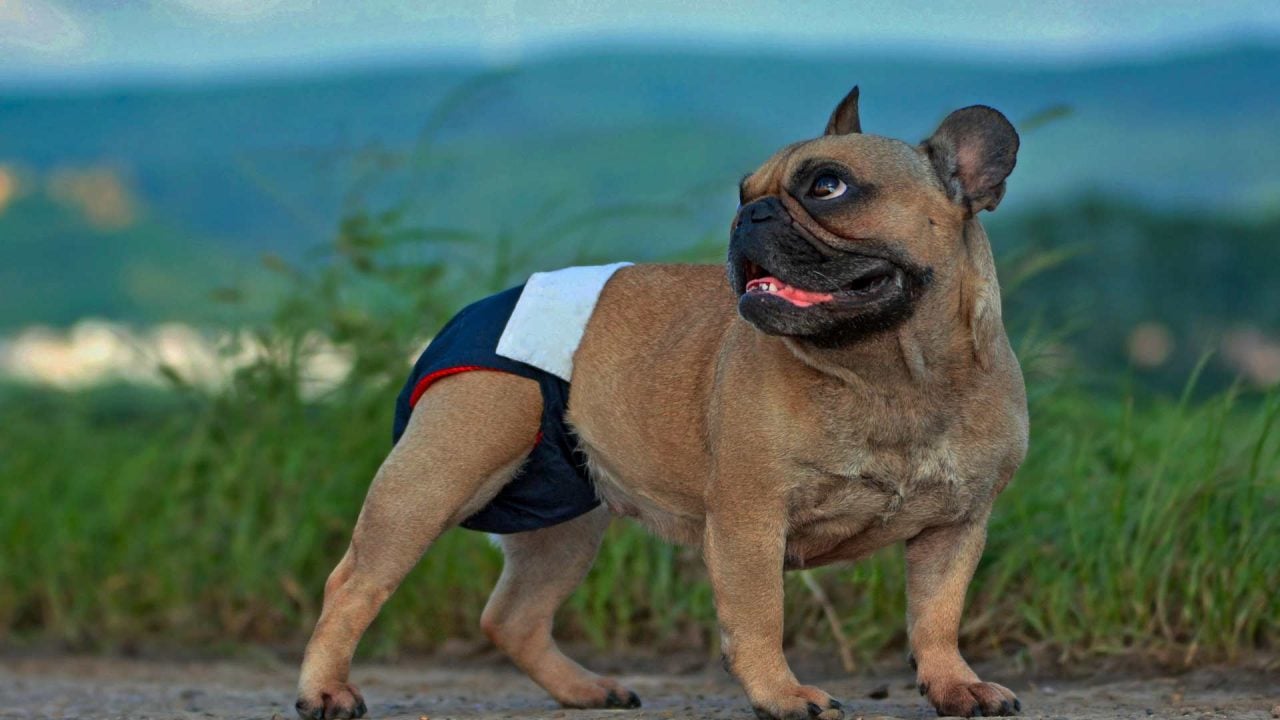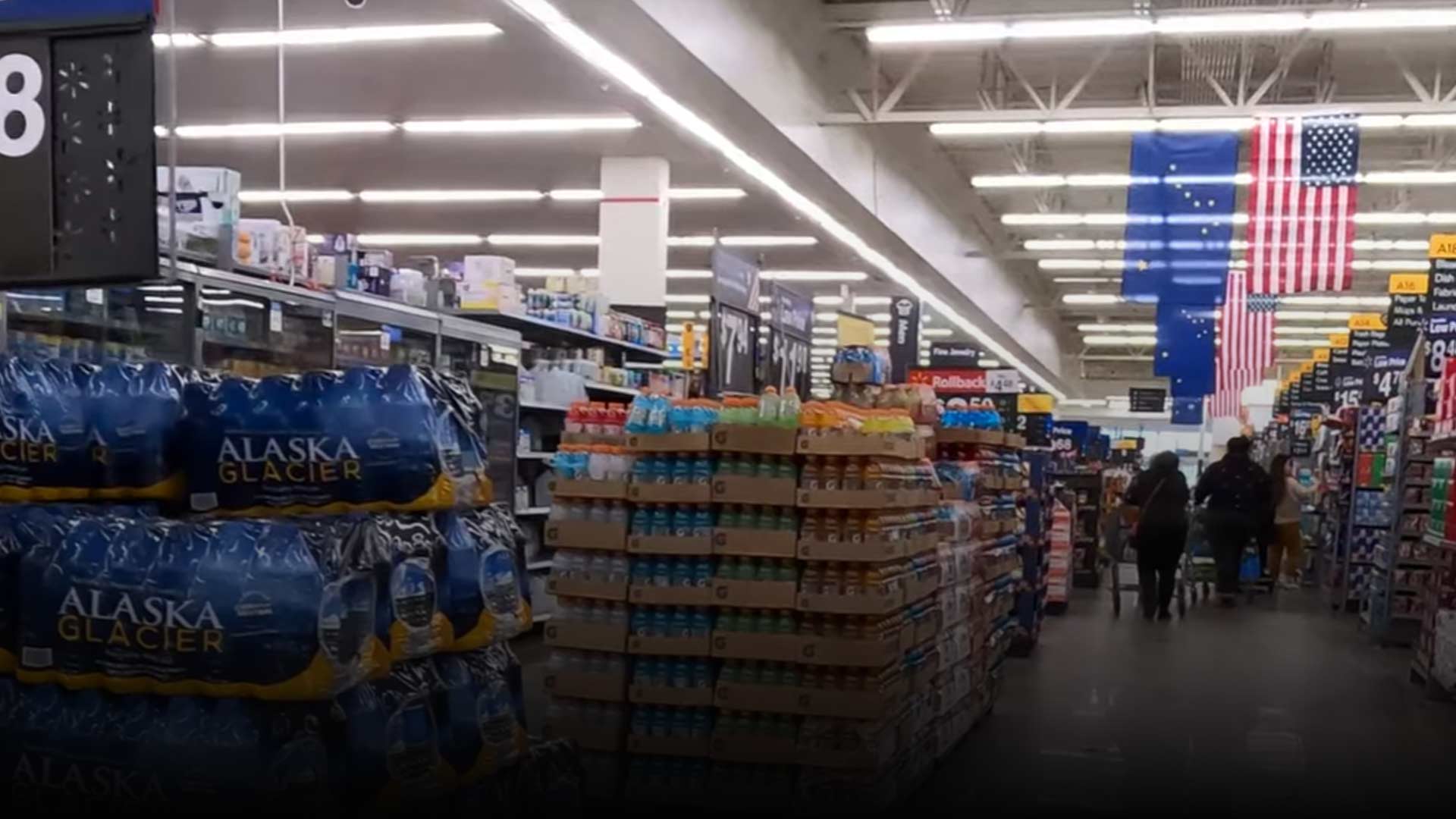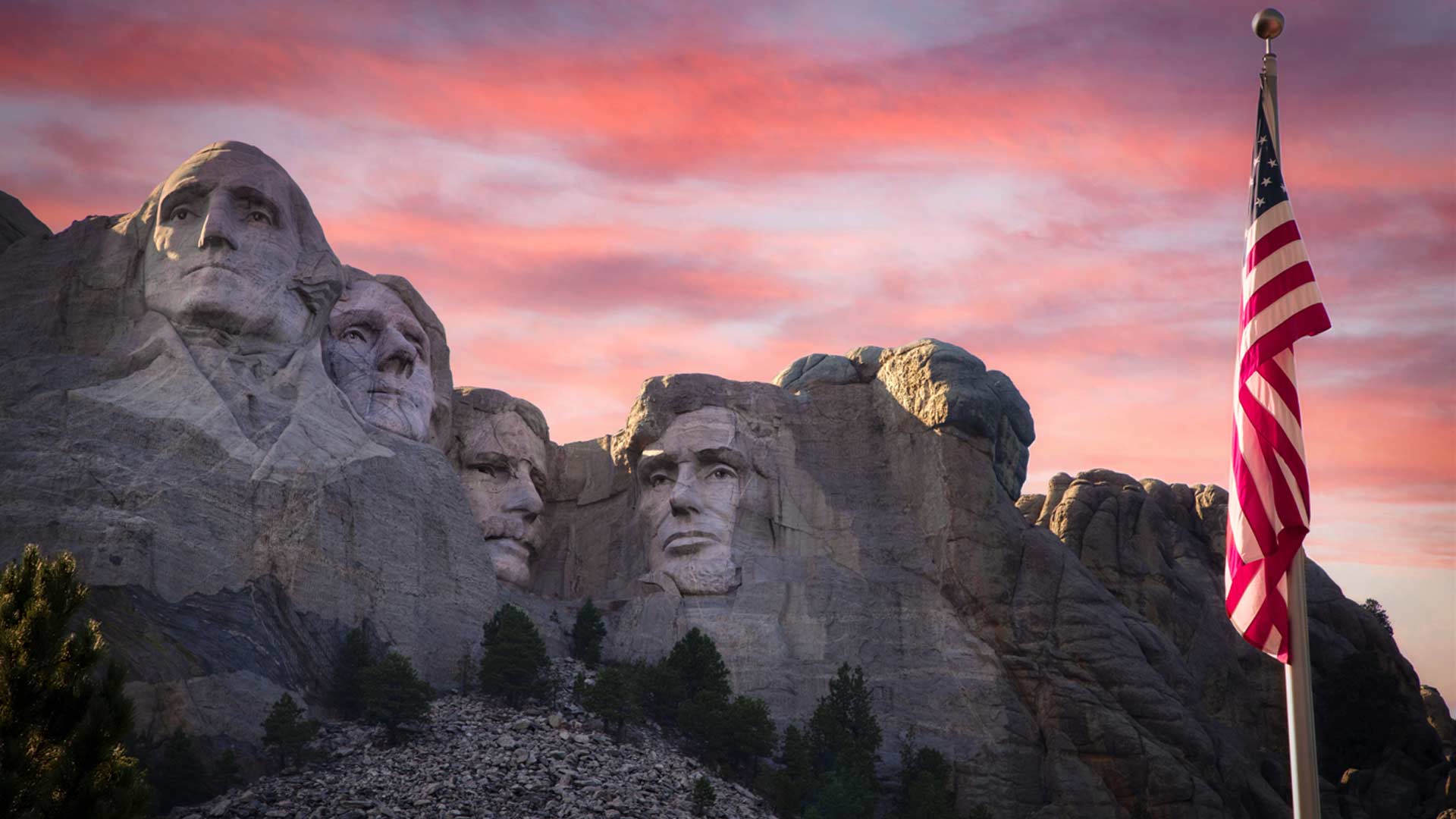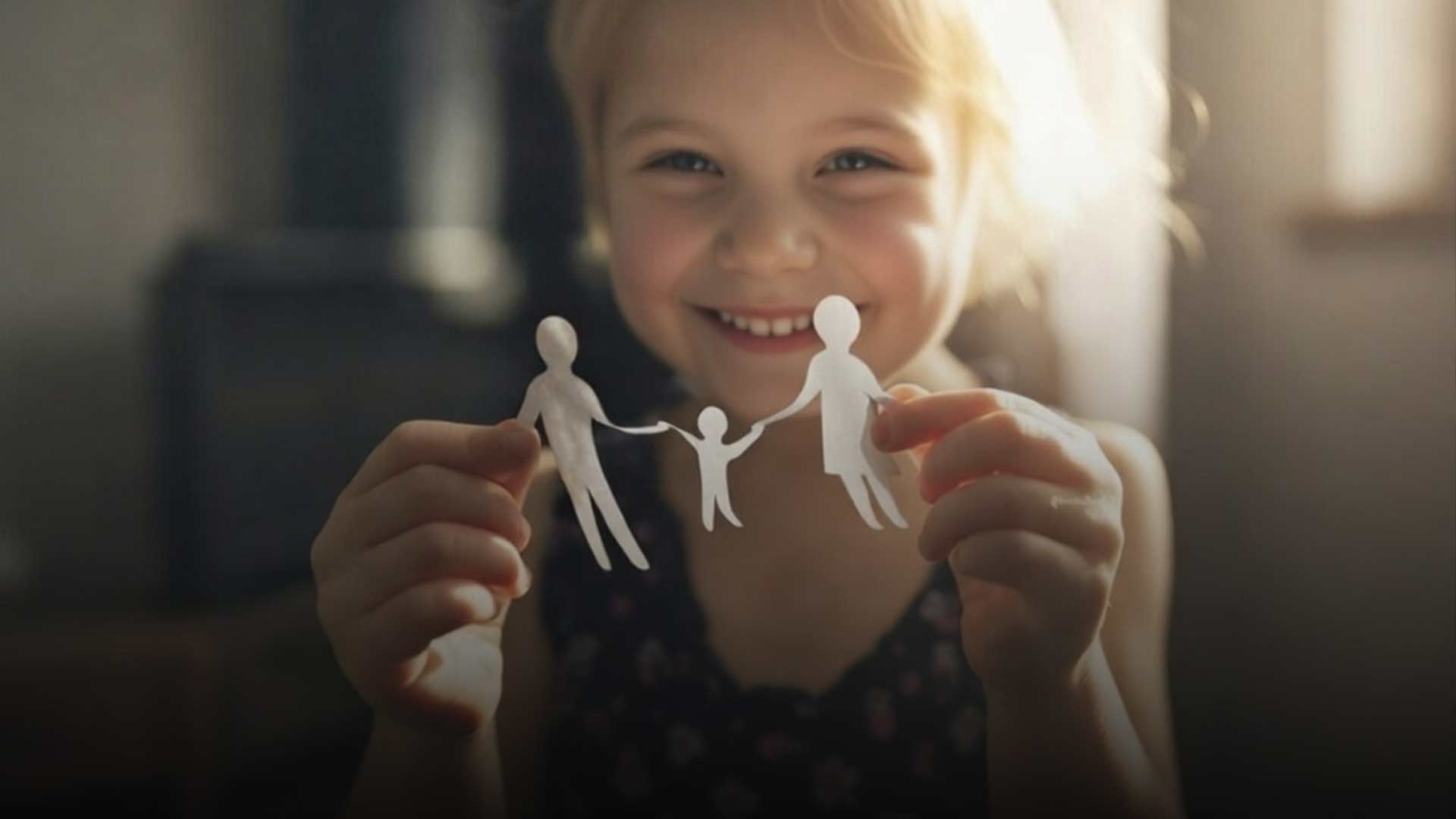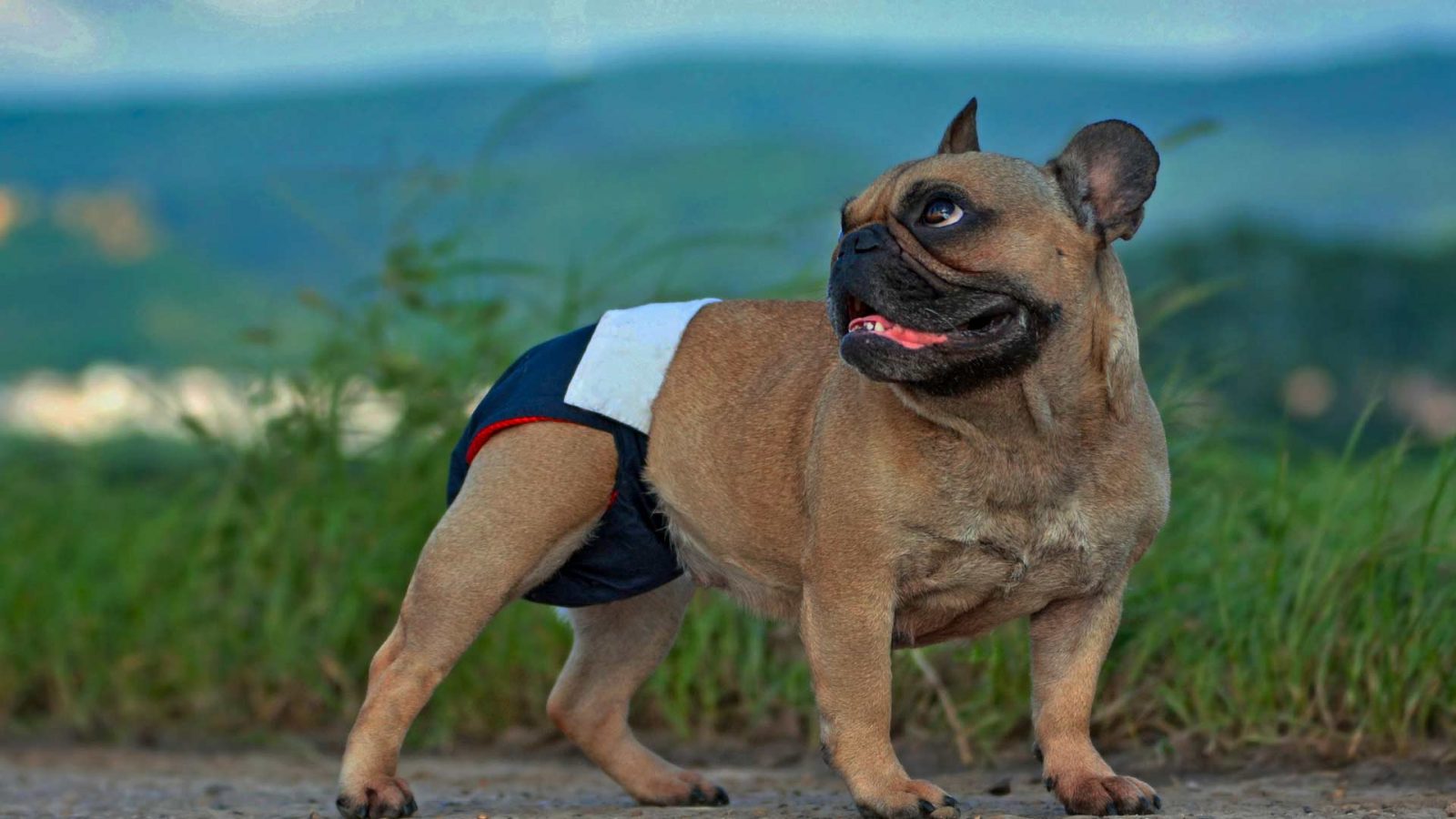
It appears the growing number of “furry kids” is out of control when it comes to pooping in Juneau parks.

A June 24 announcement from the City and Borough of Juneau alerted residents that Capital Park is closed to dogs for five days “due to excessive poop.” Anyone seen playing with their beloved canine during that time will be reported to Animal Control.
The announcement warns that parks and recreation employees will close other parks if the pooping proliferation continues.
“Dog waste does not biodegrade like wild animal waste; it sticks around a long time,” the statement continues. “Dog waste also contains harmful bacteria, pollutes groundwater, and has an unpleasant odor.”
ALASKA WATCHMAN DIRECT TO YOUR INBOX
This isn’t the first time Juneau has closed parks due to dog waste. Four other areas were recently closed and since reopened.
Pet owners are urged to pick up pet waste with the little baggies provided by the city.
Juneau is not the only city struggling to keep dog poop under control. Kirkland, Washington, launched a public campaign to shame residents into picking up after their dogs. This included “poop monitors” planting yellow flags in leftover piles. Over the course of a week more than 250 tiny flags were waving atop the mounds.
In San Francisco, the city has seen a five-fold increase in reported dog poop piles since 2011, including 28,000 reports last year. Officials are now spending $15,000 to install 100 dog poop stations.
Some 63 million U.S. homes now house nearly 90 million dogs.
The poop problem comes as pet ownership, especially dogs and cats, has grown by leaps and bounds in recent years, as more young adults forgo children and opt for pets.
Some 63 million U.S. homes now house nearly 90 million dogs, according to the American Pet Products Association’s recent study on pet ownership. Annually, owners spend nearly $1,400 on their dogs. This includes vet visits, food, specialty treats, kennel boarding, vitamins, grooming and designer toys.
At the same time, human fertility rates have dropped off. According to the U.S. Census Bureau, U.S. births continue to outpace deaths, but the difference is has shrunk considerably over the past decade. Forty-two states and the District of Columbia had fewer births in 2019 than 2018.
Alaska was one of 10 states that experienced a decline in population last year. This comes from a combination of fewer births, increasing deaths and net migration losses.
Of note is the fact that school-age youth, ages 0-19 years old, dropped from 206,448 in 2017 to 204,942 in 2018 – a net loss of 1,506 in a single year. Since 1998 the school-age population has fallen by 6,419 in Alaska.
Families now have what Nast calls a “little doggy baby,” which they bath, dress and push in a stroller.
As children decline and pet ownership grows, many public parks across the country have been flooded with energetic canines. In some cases, traditional family parks have been converted into off-leash dog parks.
A recent article in Smithsonian Magazine noted that modern dog-human relationships reflect a social change in America.
DePaul University professor Heidi Nast told Smithsonian that society has moved away from viewing dogs as protectors or outside farm animals and now sees them as family members.
Families now have what Nast calls a “little doggy baby,” which they bath, dress and push in a stroller.
“‘That wouldn’t happen if you’re on a farm and you have lots of real babies,’ she said.
